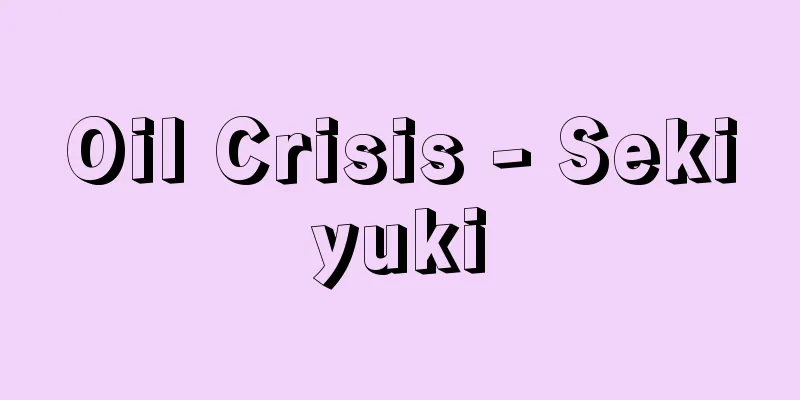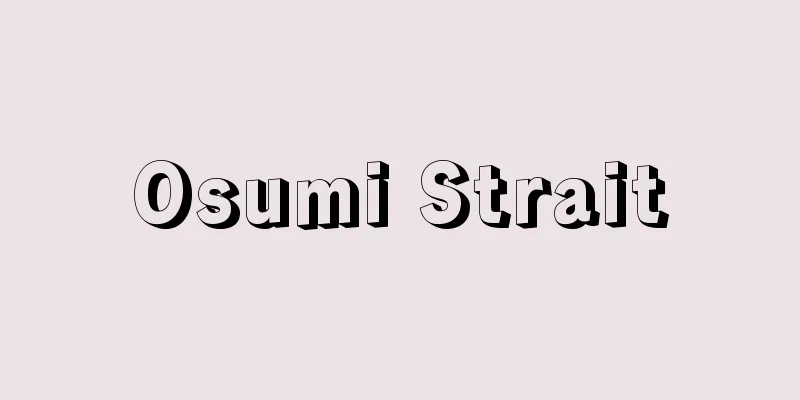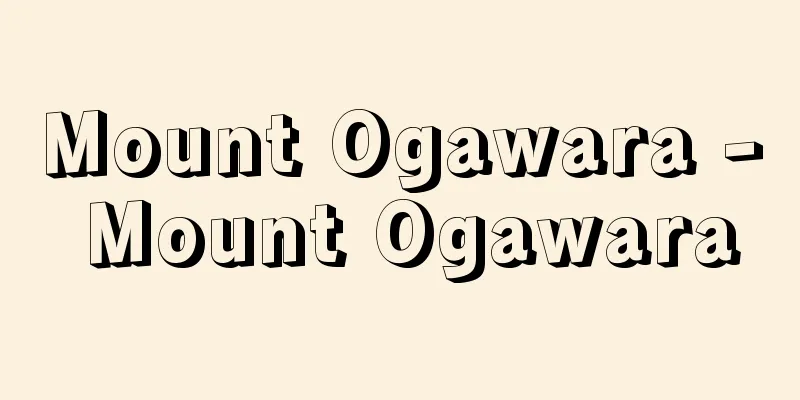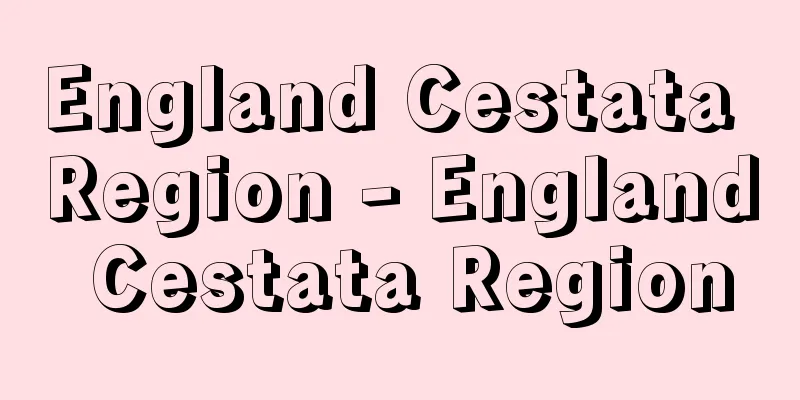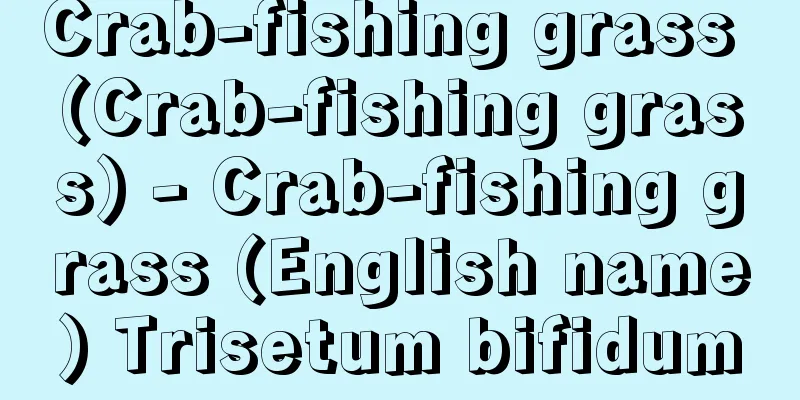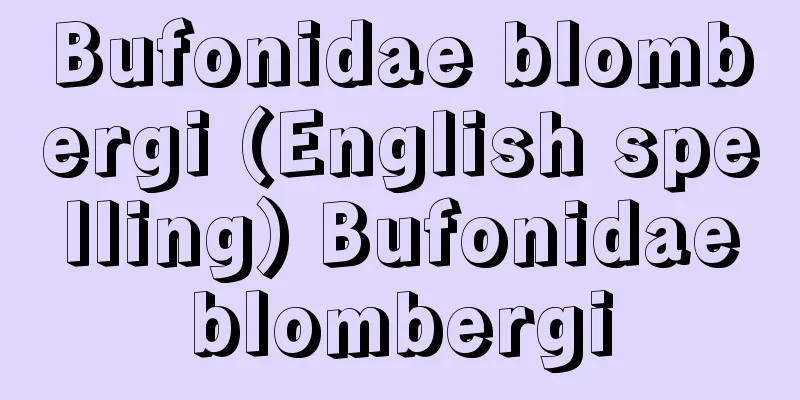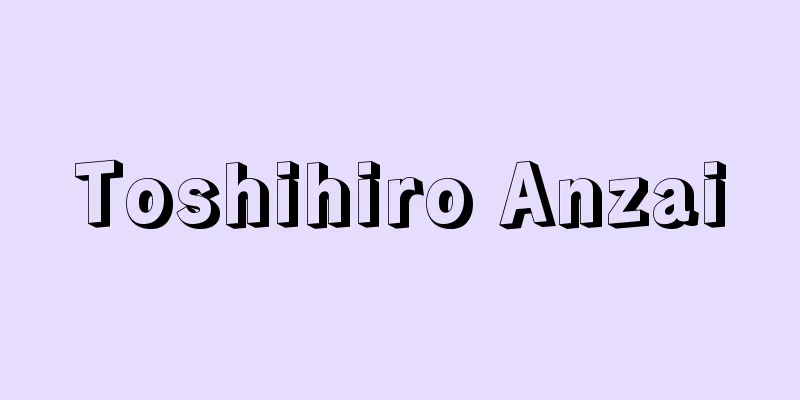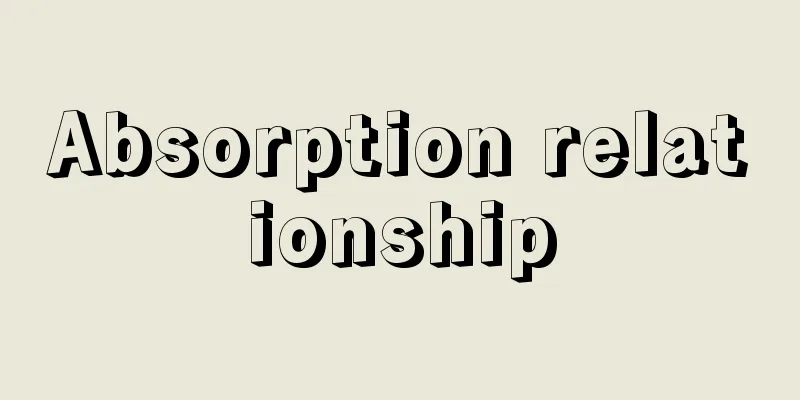Falsehood - Kyogi
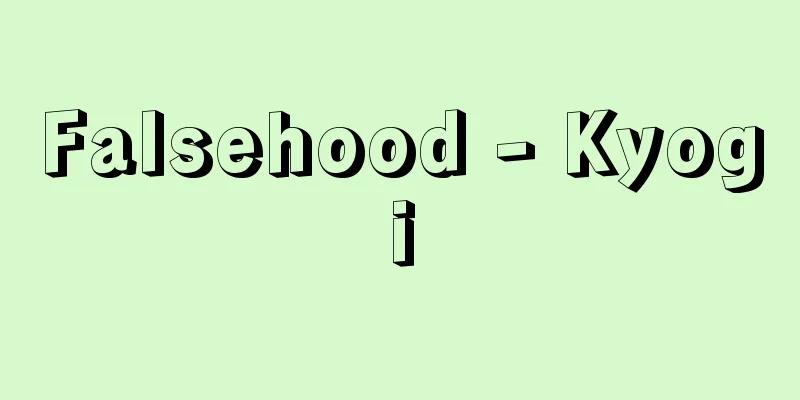
|
It is a concept that corresponds to the English term "falsehood," and is usually defined as "stating something contrary to the facts." However, there are various philosophical debates about what a fact is. For example, does an alcoholic who says, "There is a pink elephant in front of me," make a false statement? If a fact is something that the person sees, then the person is probably stating a fact. However, other people cannot see the elephant. If we conclude that a statement is false because of this, does that mean that a fact is something that other people can see? However, if that is the case, does that mean that there are no facts when there are no other people? If we pursue such questions, we will get caught up in a long epistemological debate. In addition, the mainstream opinion in logic circles these days is that in the case of mathematical propositions, even if there is a fact expressed, it cannot be determined unambiguously. In short, "fact" is a philosophically problematic concept. By the way, a mathematical proposition is considered to be invalid if its negation is a theorem when incorporated into a consistent axiomatic theory. In this way, a proposition that is considered to be invalid according to some standard is sometimes called a "false" or "false proposition." This way of saying it is possible to avoid referring to facts, but in return, whether something is false or not is a relative property that changes depending on the standard. [Yoshida Natsuhiko] Source: Shogakukan Encyclopedia Nipponica About Encyclopedia Nipponica Information | Legend |
|
英語のfalsehoodなどに対応する概念であって、普通は「事実に反することを述べること」などと定義される。しかし、事実とはいったい何であるかについては、さまざまな哲学的な議論がある。たとえば、「目の前に桃色のゾウがいる」といったアルコール中毒患者は、虚偽を述べたことになるのであろうか。当人に見えたものを事実とすれば、おそらく当人は事実を述べているのである。しかし、他人にはそのゾウは見えない。そのことから虚偽だということにするなら、事実とは、他人に見えた事柄だということになるのか。しかし、それなら、他人が1人もいないときには、事実はないことになるのだろうか。こういったことを追いかけてゆくと、認識論上の長い議論に巻き込まれることになる。また、数学的命題の場合、表現している事実がかりにあるとしても、それは一義的には決まらない、とするのが、近ごろの論理学界の主流派の意見である。要するに「事実」というのは、哲学的に問題の多い概念なのである。 ところで、数学的な命題は、無矛盾な公理論に組み入れられたとき、その否定が定理である場合には、正しくないものとされる。このように、なんらかの基準によって正しくないものとされる命題を「虚偽」あるいは「偽(いつわり)な命題」とよぶことがある。この言い方では、事実への言及を避けることができるが、そのかわり、虚偽であるかどうかは、基準に応じて変わる、相対的な性質だということになる。 [吉田夏彦] 出典 小学館 日本大百科全書(ニッポニカ)日本大百科全書(ニッポニカ)について 情報 | 凡例 |
Recommend
Shikhara (English spelling)
A distinctive superstructure (tall tower, roof) se...
Construction pollution
According to the Basic Law for Environmental Pollu...
Yasuda Miyazaki
Year of death: July 23, 10th year of Genroku (Sept...
Music Director
…Originally, it referred to the highest clergyman...
Qumran (English spelling)
An archaeological site on the western shore of the...
Historia Augusta
A collection of biographies of Roman emperors writ...
Zlatoust - Zlatoust (English spelling) Златоуст/Zlatoust
An industrial city in the Chelyabinsk Oblast in t...
Channel catfish
…It resembles the Japanese catfish, but can be di...
Shakya ye shes (English spelling) Shakyayeshes
...One of the four great monasteries of the Gelu ...
Muscari moschatum (English spelling) Muscarimoschatum
…[Yoshitaka Mizuno]. … *Some of the terminology t...
Antilles gecko - Antilles gecko
…About 670 species are distributed widely in the ...
Lipids -
A general term for biological components that are...
Ishii Issai
…During the Edo period, they served the Kaga and ...
Verismo (English spelling)
A literary movement born in Italy at the end of t...
Osaka Silk and Cotton Exchange
...A commodity exchange located in Kitakyutaro-ch...
